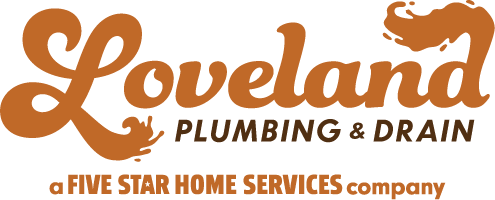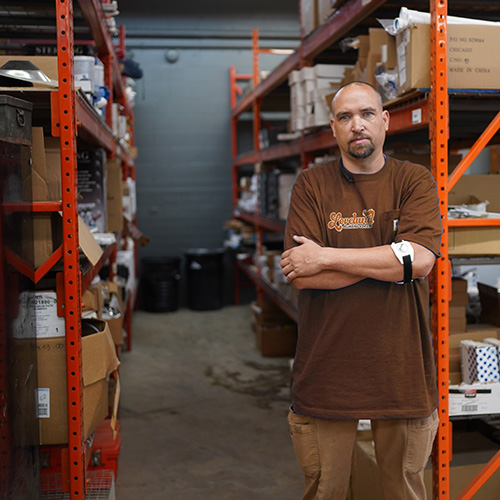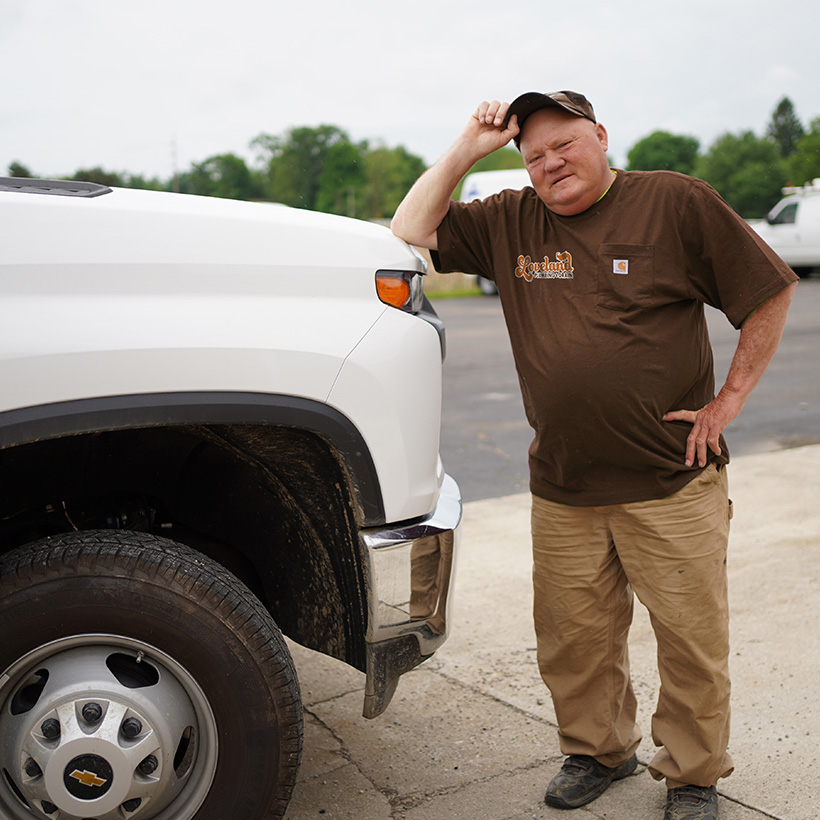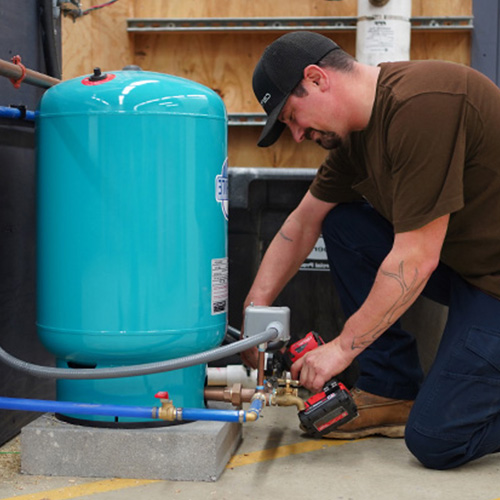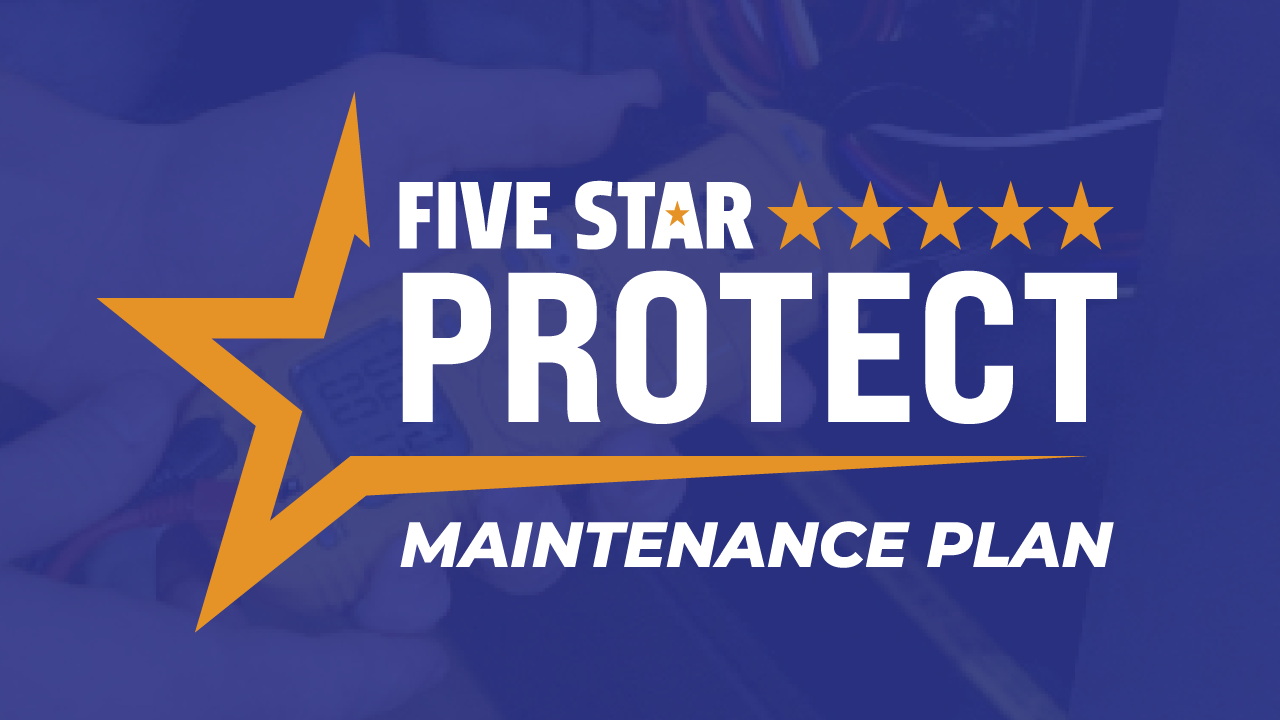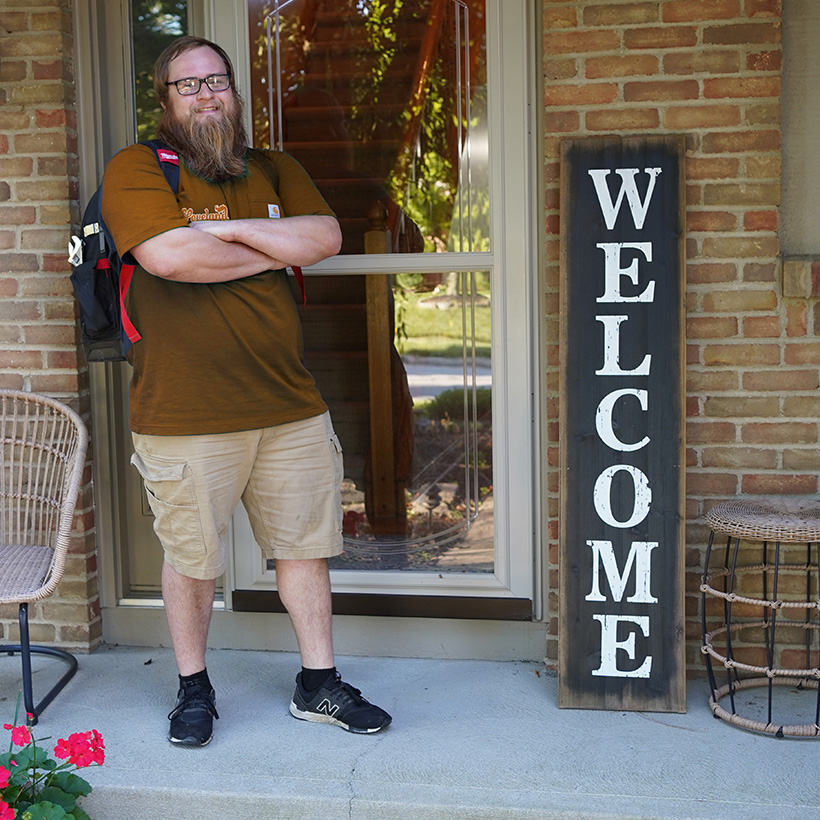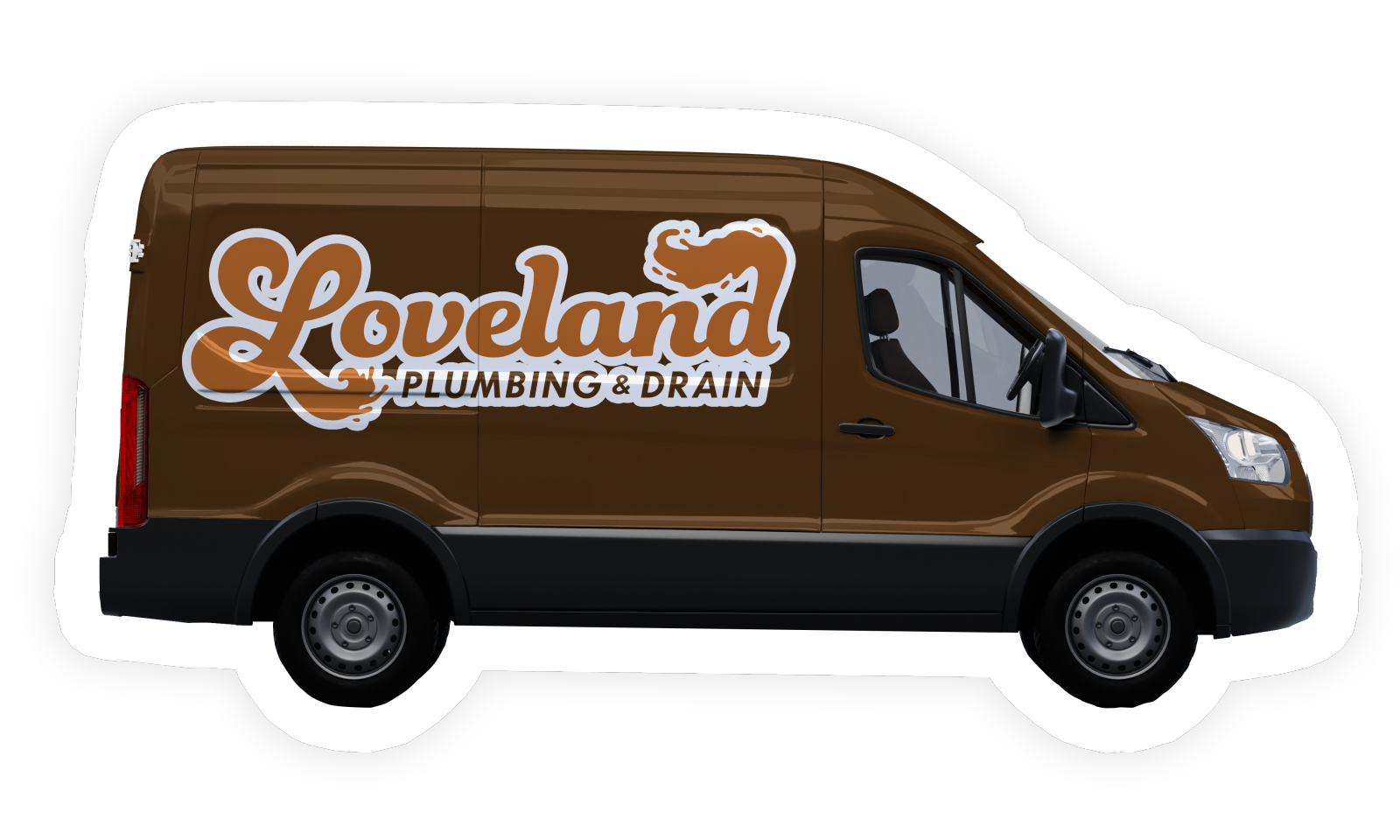
Common Plumbing Emergencies in Loveland, Ohio
Water Leaks
Water leaks can be difficult to detect. You may not notice a leak until you see water damage or an increase in your water bill. If you have a leaky faucet, the hot water faucets will be the first to show signs of wear and tear. Other common places for leaks include:
- Leaky toilets
- Leaky pipes
- Leaky sink drains
- Leaky shower heads or tub spouts (if they are connected to copper tubing)
Leak detection is a relatively simple process that we can complete during our regular maintenance visits to your home or business in Loveland, OH. We will first use several methods such as using electronic equipment and listening for the sound of running water over any suspect areas before performing visual inspection of all visible pipes and fixtures for pinpointing possible leaks. Once we find where exactly you have been leaking from, we’ll determine whether it needs replacement or repair.
Gas Concerns
Gas leaks are a serious concern. They can be dangerous and in some cases, lethal.
- Shut off the main gas supply valve if you smell gas or hear hissing sounds. If you have any doubts about whether there’s a leak, don’t take any chances—call an expert immediately.
- Don’t turn lights on or off; don’t use any electrical switches or appliances. Do not light matches or lighters—they could cause sparks that could ignite the leaking gas.
- Leave the building immediately by moving quickly to safety outside, but only after telling others what’s going on and making sure they leave too!
- Go upwind away from where people might be working on fixing the problem because once all utilities are shut off, it will take 1-2 hours for all residual gases to clear out of buildings before reentry is safe again without protective gear being worn (and even then there’s still potential risks involved).
Major Flooding
If you are experiencing major flooding in your home, it is imperative that you call a plumber immediately. If it’s not clear what the cause of the flooding is, it is best to err on the side of caution and call a professional. If you believe that there is something wrong with your plumbing system or if you feel as though your pipes have burst due to freezing temperatures, then do not hesitate in contacting us at (513) 644-5056. We can quickly assess whether or not there’s an issue with your pipes and take care of all necessary repairs.
Frozen Pipes
- You have an older home with poor insulation
- You have very old fixtures or other pieces of equipment that are prone to freezing more easily than newer models
No Hot Water
If your hot water is lukewarm, you should check the following:
- The temperature of your water heater. If it’s not set at least 120 degrees Fahrenheit, then it may not be heating enough to provide you with hot water. Adjust accordingly and let it run for several minutes to ensure that the new setting has been implemented.
- The thermostat on your water heater. This is usually located near the top of the tank and can easily be adjusted to increase or decrease its heat output. You can find instructions on how to do this online if you aren’t sure what’s involved in making these changes yourself—but remember that if there are any other factors contributing toward lower temperatures in general (such as pipes freezing or insulation issues), this will only address part of your problem!
- The pilot light on your furnace/boiler system (if applicable).
Clogged Toilets or Drains
Here are some of the most common causes of clogged toilets, drains and pipes:
- Paper towels or other items flushed down the toilet
- Not flushing with enough water after use (like when someone forgets to flush between uses)
Plumbing Inspections
Plumbing Inspections in the Greater Loveland Area
A plumbing inspection is one of the most important tasks you can perform throughout your home. It will help you identify any potential issues in your plumbing system, and give you a plan for addressing them.
It’s recommended that homeowners have a plumbing inspection performed every two years or so, but if you notice something out of the ordinary or have an issue with your pipes, call us immediately!
Our inspections cover everything from checking for leaks under sinks or toilets; making sure all faucets are working properly; looking at any areas where water might be standing after use like dishwashers or washing machines; inspecting ceilings above showers and tubs; checking floorboards around toilets so that no damage occurs due to leaking pipes beneath them (this often happens over time); looking for signs that mold may be present anywhere inside walls near where pipes run through them–you get the idea!
Loveland, Ohio Trusted Plumbing, Drain, & Water Experts
- Leak Detection
- Sewer Repair
- Water Heater Repair & Installation
- Trenchless Relining (New Pipe Installation)
We also offer 24/7 emergency services and free estimates for all of our customers. Our team is licensed, insured and available to assist you any time day or night! If you need plumbing services in Loveland, OH, the experts at Loveland Plumbing & Drain are here to help. We offer affordable plumbing repair and maintenance services to both residential and commercial properties in the area. Our team can handle any size job, from leaky faucets to major flooding issues at your home or business. If you have any questions about our services or want more information on what we do, please don’t hesitate to contact us today!
Maintaining the pipes and plumbing in buildings is important. Not only will it save you money, time and even lives, but it’s also essential to keep your home or business running smoothly. There are many reasons why maintaining the pipes and plumbing in buildings should be one of your top priorities:
- The more you neglect your pipes, the higher the chances that they’ll break down. This can result in flooding and other major issues that could cause extensive damage to your property. In some cases, these problems may even lead to unwanted interruption of service (like lack of running water) until everything is repaired properly again.
- Neglecting regular maintenance can result in large sums spent on emergency repairs down the road. This could add up quickly if left unattended for too long!
Plumbing Repair FAQ
WHAT COUNTS AS A PLUMBING EMERGENCY?
A plumbing emergency is different than a regular repair. A plumbing emergency means your pipes have burst or you have a major water leak. It also means having no hot water at all, or you might be dealing with an overflowing toilet or sink.
A plumbing emergency can happen at any time, so we’re available and prepared when it does come up!
WHAT SHOULD I DO WHEN MY TOILET KEEPS RUNNING?
- Check the water level in the tank. If it is low, add more water to the tank by adding some from a bucket or filling up a pitcher and pouring it into the toilet bowl until it’s full.
- Make sure that the float isn’t stuck on its track so that it doesn’t move up and down when needed to shut off flow of water into/out of your toilet’s tank.
- The flapper may need replacing if you’re still experiencing this issue after having checked everything else on this list (and assuming you’ve replaced or repaired any other parts). Replacing a flapper is easy but requires tools like pliers and screw drivers — be sure not to strip anything when doing so!
- A leaky flush valve can cause excessive running as well, so another quick check would be whether there are any cracks in your flush valve assembly .
DOES HOMEOWNERS INSURANCE COVER PLUMBING SERVICES?
Homeowners insurance can be a great way to save money on plumbing services. Homeowners insurance covers the cost of plumbing repairs and maintenance. It also covers the cost of pipes that are damaged by external forces, such as falling tree limbs or hail storms.
Homeowners insurance is important because it helps cover your home against unforeseen events, such as burst pipes or broken water heaters. If you have an existing policy with a reputable company, then it’s probably worthwhile to keep your coverage in place even if you move into a new place because your policy should transfer over easily with no fees attached.

